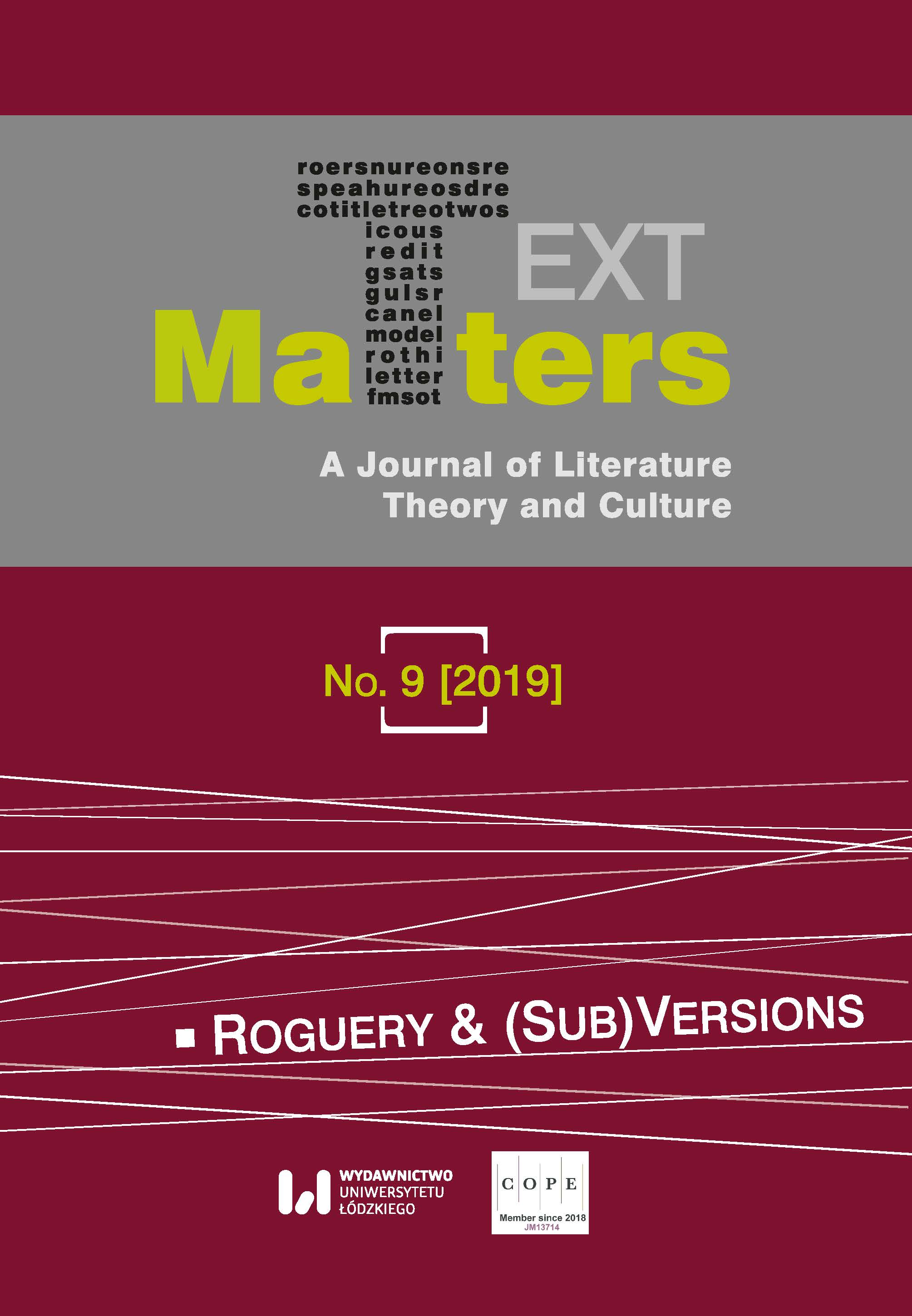“But what a place / to put a piano”: Nostalgic Objects in Robert Minhinnick’s "Diary of the Last Man"
“But what a place / to put a piano”: Nostalgic Objects in Robert Minhinnick’s "Diary of the Last Man"
Author(s): Agata G. HandleySubject(s): Studies of Literature
Published by: Wydawnictwo Uniwersytetu Łódzkiego
Keywords: Robert Minhinnick;Welsh poetry;memory studies;ecology
Summary/Abstract: In 2003, Martin Rees referred to the present as “mankind’s final century.” A few years later, Slavoj Žižek wrote that humankind is heading towards “apocalyptic zero-point,” when the ecological crisis will most probably lead to our complete destruction. In his 2017 collection, "Diary of the Last Man", Welsh poet Robert Minhinnick offers readers a meditation upon Earth at a liminal moment—on the brink of becoming completely unpopulated.Imagining a solitary human being, living in the midst of environmental collapse, Minhinnick yet entwines different voices—human and non-human—operating across vast spans of time. The speaker of the poems moves freely through different geographies and cultural contexts, but the voice that starts and ends the journey, seems to be the voice of the poet himself: he is the last man on earth, a survivor of ecological disaster.The paper discusses Minhinnick’s collection as a projection of the world we now inhabit into a future where it will exist only in the form of nostalgic memories. The analysis focuses on the role of objects in the construction of the world-within-the poem, where the fragments of human civilization are being claimed by forces of the environment—engulfing sand, progressive erosion—forming a retrospective vision of our “now” which will inevitably become our “past.”
Journal: Text Matters: A Journal of Literature, Theory and Culture
- Issue Year: 2019
- Issue No: 9
- Page Range: 331-344
- Page Count: 14
- Language: English

